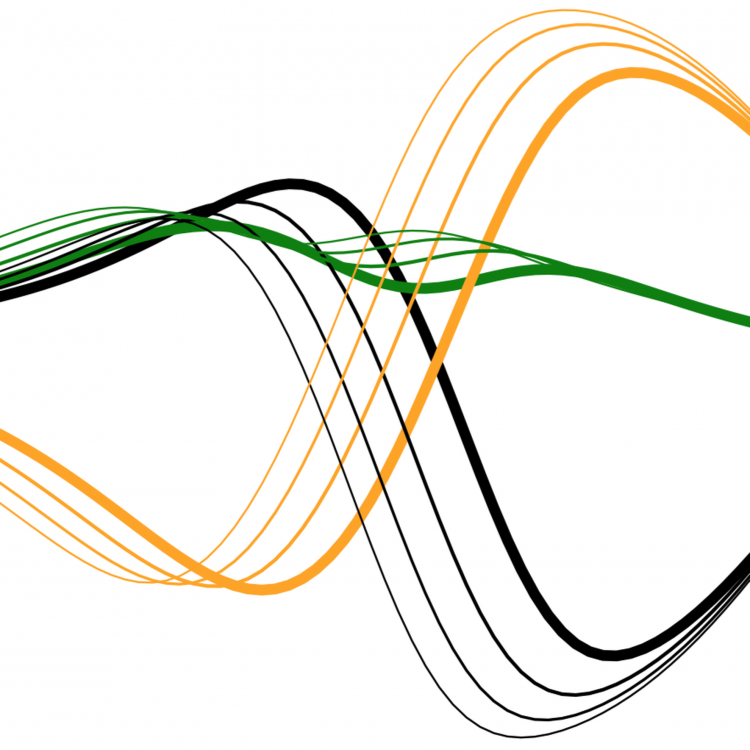Education, undoubtedly, is one of the most fundamental means for people to gain personal and professional development. Given its importance, both researchers and practitioners have endeavored to apply various technologies to construct numerous educational systems and tools to facilitate teaching and learning in the past decades. However, it has been widely demonstrated that such systems and tools tend to display bias to certain groups of students.
Research projects in Information Technology
Displaying 51 - 60 of 186 projects.
Digital Health to support Indigenous Health and Wellbeing
A PhD scholarship is available as part of an exciting research collaboration between the Faculty of Information Technology (FIT), the Faculty of Medicine, Nursing and Health Sciences (MNHS) and indigenous communities in rural Victoria.
Recordkeeping for Empowerment of Rural Communities in a Developing Country
The United Nations Development Programme has identified access to information as an essential element to support poverty eradication. People living in poverty are often unable to access information that is vital to their lives, such as information on their entitlements, public services, health, education or work opportunities. Timely access to information is essential to perform many economic, social and leisure activities. In today’s digital age, information is more and more often provided in digital form.
Simulating Collaborative Discourse
Collaborative problem-solving (CPS) has widely been recognised as an essential skill for success in the 21st century. Because of this, many researchers have focused on trying to better understand CPS in efforts to find out when it is effective, when it is not, and how to make it a teachable skill.
Operations of Intelligent Software Systems
Nowadays more and more intelligence software solutions emerge in our daily life, for example the face recognition, smart voice assitants, and autonomous vehicle. As a type of data-driven solutions, intelligent components learn their decision logic from data corpus in an end-to-end manner and act as a black box. Without rigorous validation and verification, intelligent solutions are error-prone especially when deployed in the real world environment. To monitor, identify, mitigate and fix these defects becomes extremely important to ensure their service quality and user experience.
STEM Making for all: including people with a disability
People with disabilities are excluded from the assistive technology creation process because the methods and tools that are used are inaccessible. This leads to missed opportunities to create more accessible technologies for everyone including assistive technologies. This project will engage people with disabilities in the technology creation process at many levels, from engagement activities, input into designs and creation of technology and the facilitation of independent making of assistive technologies.
Environmentally friendly mining of cryptocurrencies using renewable energy
Blockchain technology and its popular cryptocurrencies such as bitcoin and Ethereum have most revolutionary technological advances in recent history, capable of transforming businesses, government, and social interactions. However, there is a darker side to this technology which is the immense energy consumption and potential climate impact of the blockchain and cryptocurrencies.
Connected Cars: Computational Models for Time-Critical Safety Applications
Connected vehicles need to be aware of their surrounding environments. This is impossible without being dependent on many sensory inputs. Sensor data is continually collected and analysed, in real-time in order to perform time-critical and delay-sensitive actions. There are two major challenges 1) limited computational resources (processing power and memory) on cars, 2) transfer of large sensory data to the cloud may is not feasible.
Access to justice for disabled litigants in online justice processes
The Opportunity
Science as a public good: improving how we do research with game theory and computation
Science is a public good. The benefits of knowledge are or should be available to everyone, but the way this knowledge is produce often responds to individual incentives [1]. Scientist are not only cooperating with each other, but in many cases competing for individual gains. This structure may not always work for the benefit of science.



